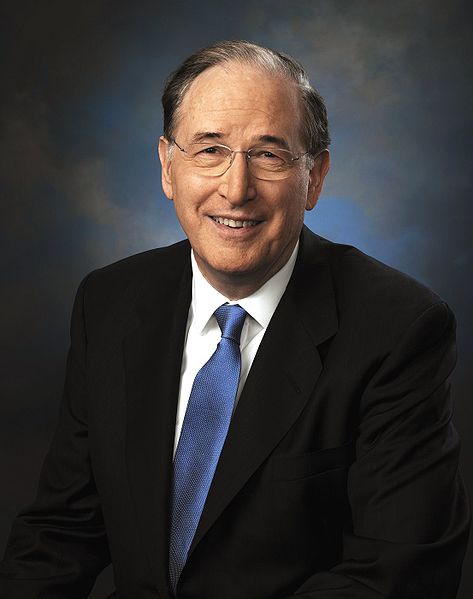

How former criminals (or criminal dynasties) acquire
positions of power and worship after reputation laundering
IN AN ARTICLE titled "I am filthy rich," the press in Zimbabwe writes about Gates and his new friends; they meet and think alike, looting the public while living it up:
So overwhelming was the presence of a team representing mega-rich couple Bill and Melinda Gates that Chombo voluntarily offered an insight into the luxuries surrounding his own life.
The setting was his Makombe Building offices this week, where the Gates Foundation representatives were paying a courtesy call after visiting to assess a housing project for the poor.
Flaunting his flamboyant life, Chombo showed them he is nowhere near the poor that the foundation is targeting.
Bragging about his American car, army of household staff and lighting that can brighten up a whole street, Chombo showed he lives the high life in a sea of poverty.
As the Gates team discussed with the minister on how best the government and local authorities under his control can improve the welfare of the poor, Chombo jumped into his lavish lifestyle, leaving the Gates crew down with sarcastic laughter.
Yet it is the Gates Foundation’s influence on the debate about aid and development that worries others most. This was evident last week at the Humanitarian Congress held in Berlin last week, where Michael debated the role of foundations with David McCoy, who has been a major critic of the Gates Foundation’s role in public health because of its focus on tackling communicable diseases, like malaria, through ‘vertical’ interventions like bednets and (hopefully) vaccination, rather than (he claims, somewhat outdatedly) taking on the underlying causes of ill health, like sanitation, and building the capacity of health systems. More fundamentally, Mr McCoy and others at Global Health Watch warn that so much of the global health sector is now dependent on Mr Gates’ money that critical voices are being stifled.
Doctors, as much as lawyers and other professions, will often resist outsiders who want to disrupt and challenge their expert view. But this critique should not be too easily dismissed. Indeed, as we argue in the book, rather than giving the lion’s share of his cash to the Gates Foundation, Warren Buffett might have been better to divide it between two or three foundations to create a bit of competition and diversify his philanthropic portfolio. There are two important issues that are worth debating: